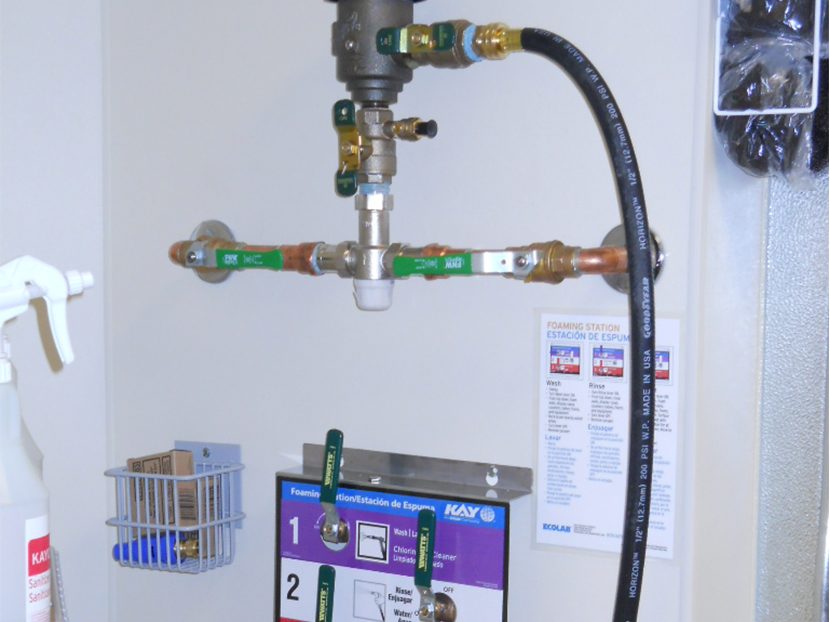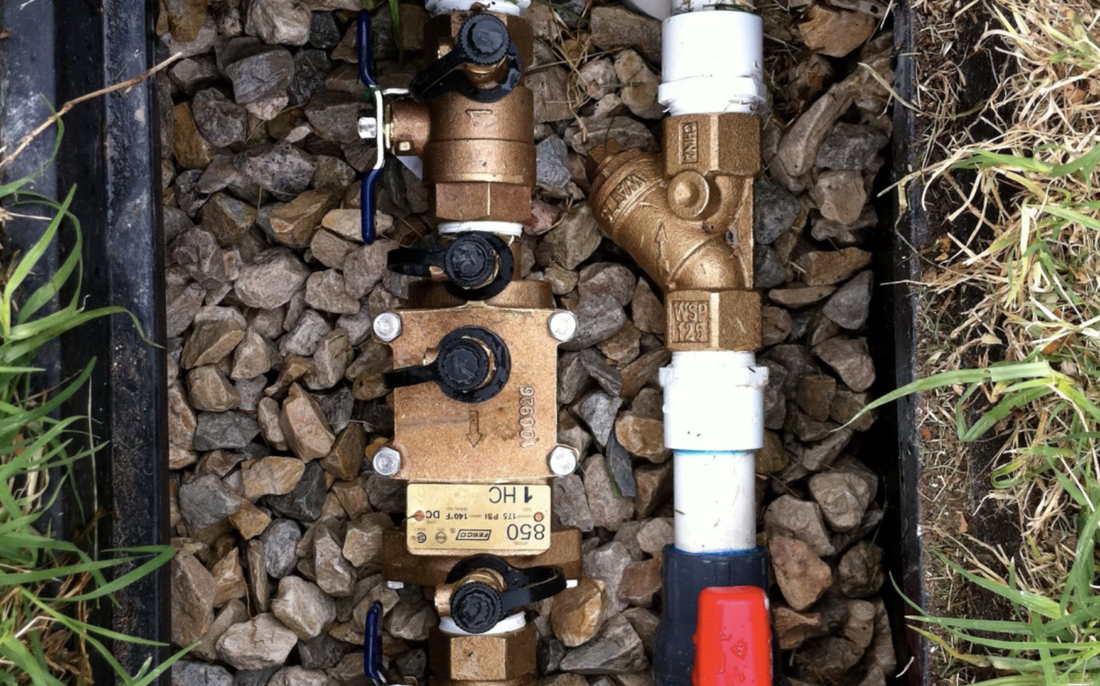Should I Conduct a Backflow Test on My Water
Should I Conduct a Backflow Test on My Water
Blog Article
Were you on the lookout for help and advice on Backflow Testing?

Yes, you require to backflow test your residence's water to make certain that the water is devoid of toxic substances and hazardous levels of chemicals. As a result of the devices required and also space for mistake, you need to not try to execute heartburn testing by yourself. We recommend that you call a professional plumber every number of years to test your water.
What is Heartburn?
Simply put, heartburn is when water moves upwards-- the contrary direction in the plumbing system. This is additionally known as "backpressure." When the water relocates this direction, it can mix with hazardous contaminants and present a danger.
What Triggers Heartburn?
A common cause of backflow is a loss of water pressure that triggers the water to siphon back into the water supply. After some time, there is a loss in water pressure as well as the hose pipe begins to suck the water back into the water supply. As you can think of, there are now chemicals from the paint that are entering the water supply, potentially posing a threat.
Heartburn Testing is Required by Regulation in Certain Cities
Depending on where you live, you could actually be required by legislation to backflow examination your law. Iowa City keeps a record of all residential properties offered by the city's water supply.
You Can Avoid Backflow
The major function of a heartburn gadget is to protect against water from streaming in reverse into your water supply. Plumbing professionals install the gadget on the pipelines in your residence to guarantee that the water only streams in the appropriate instructions.
Backflow Can Impact Both You and also Your City
Since hazardous heartburn can impact the public water supply in addition to a single building, several cities develop heartburn guidelines. Luckily, modern-day cities have backflow gadgets in place that safeguard the supply of water that comes from the majority of homes as well as commercial residential properties. The actual danger originates from irrigation systems, which can hurt the water supply with hazardous plant foods, manure, and other chemicals.
Call a Plumber to Examine for Backflow Before It is Far too late
While it could sound grim, contaminated water can cause horrible microbial and viral infections that are challenging to treat. A plumbing firm can promptly test your home's water to figure out if there are any type of hazardous chemical degrees. If you can stay clear of the torment that comes from consuming alcohol contaminated water, the tiny investment is. And also if you do uncover that your water has high levels of toxins, a plumber can easily set up a backflow prevention gadget.
Yes, you require to backflow test your home's water supply to make certain that the water is free of toxic substances and also dangerous degrees of chemicals. A normal reason of heartburn is a loss of water stress that causes the water to siphon back into the water supply. After some time, there is a loss in water pressure and the hose pipe begins to suck the water back right into the water supply. The major objective of a heartburn tool is to protect against water from flowing backward into your water supply. Many cities develop heartburn standards due to the fact that unsafe heartburn can impact the public water supply in addition to a solitary building.
WHY DOES BACKFLOW TESTING NEED TO BE DONE EVERY YEAR
What Is Backflow?
Toxic gas backing up into a building is one example of potential backflow issues, but backflow can occur in many other ways.
Backflow is generally referred to as the reversal of a liquid or gas in a plumbing system.
Most issues for the public occur with backflow resulting in contaminated drinking water. If you look up backflow issues online you’ll probably find references to “potable” water. That means drinking water.
There have been backflow issues in the past with drinking water. Chemicals, sewage and other contaminants have found their way into drinking water causing health issues for those that count on the fresh water.
What Causes Backflow?
In a residence or commercial building water generally flows one way. This normal flow is usually driven by consistent pressure in the water and waste system.
Anything that changes the normal pressure in the system can lead to backflow.
Fire hydrant use or malfunction can reverse the normal pressure in the system on a city line, but backflow can occur in a number of different ways.
Sometimes backpressure might be caused by someone using a garden hose and submerging the end of the hose in a pool of liquid. If pressure is lost the flow could reverse and contaminants could be released into the drinking water.
Anytime there is a connection between contaminants and the drinking water there is potential for a backflow issue. Sometimes these connections are not immediately obvious like the garden hose connecting to a building’s drinking water supply.
Backflow Regulations
The Environmental Protection Agency (EPA) provides guidelines and regulations for state and local governments regarding backflow. State and local governments also have their own guidelines and regulations for backflow prevention.
Arizona has its own backflow regulations.
Due to issues with backflow in the past, regulations require backflow preventer devices to be used in nearly all residential and commercial buildings.
A backflow preventer is a device that prevents backflow as cross-connection points where potential backflow issues may occur.
While backflow is not a common occurrence, preventers are in place to make sure there is no contamination should something malfunction or go wrong with a building’s water supply.

I'm very enthusiastic about Commercial Backflow Testing and I'm hoping you enjoyed reading the blog post. Sharing is good. Helping others is fun. Thanks a lot for taking the time to read it.
Call for expertise! Report this page